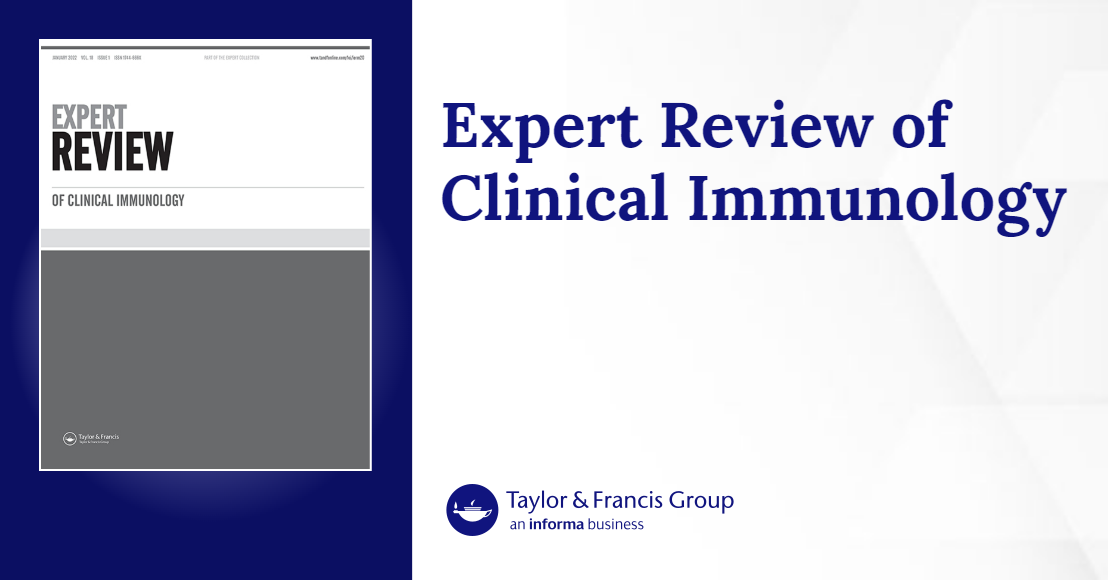|
Dr. Christopher Bartley, M.D., Ph.D
Currently Chief of the National Institute of Mental Health's Translational Immunopsychiatry Unit
WE're Here! The Cellular and Molecular levels of neuro-Developmental & Psychiatric Disorders7/5/2025
[developmental origins of health and disease (DOHaD)]
Understanding the ramifications of Psychiatric Disorders as Neuro-immune Disorders
|
Translational Medicine FridayWe're riffing off NPR's Science Friday to create Translational Medicine Friday. Archives
July 2025
Categories |






























 RSS Feed
RSS Feed